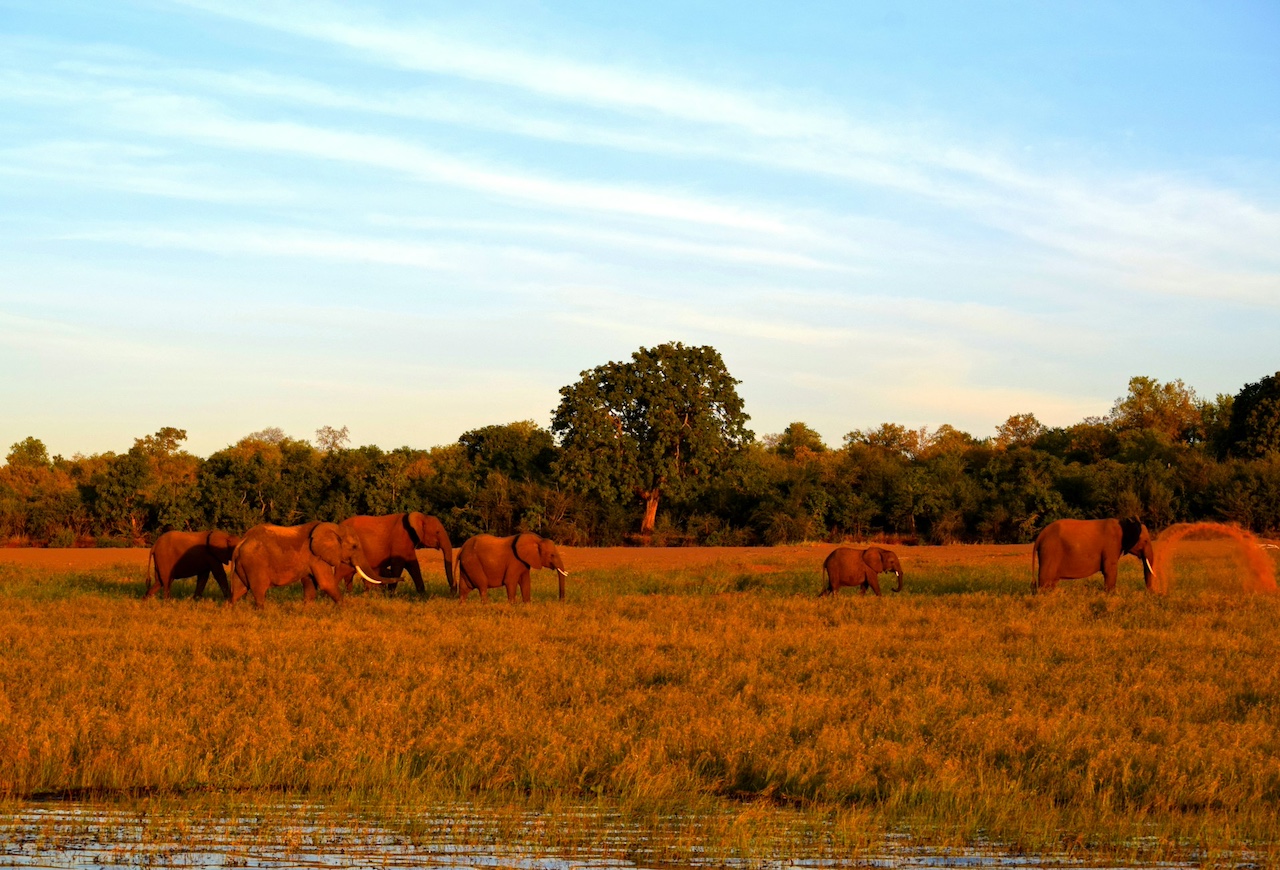The loan will help NMB Bank Zimbabwe support famers and exporters in a country feeling the brunt of climate change impacts.
British Investment International (BII) has agreed to loan $10m (€9.2m) to NMB Bank Zimbabwe (NMBZ) to back agricultural exports from Zimbabwe and to provide finance for sustainable agriculture in the drought-afflicted southern African country.
The transaction marks the first financial services debt financing in Zimbabwe by the UK development finance institution.
Shareholders in NMBZ include African Century Limited, Arise, Old Mutual, and AfricInvest. Arise is an investment firm set up by Norfund, FMO and Rabobank that has stakes in financial institutions across Africa. AfricInvest is a DFI-backed private equity firm.
BII said 70% of the funding it is providing will go to customers of NMB that export agricultural products for capital expenditure in areas such as machinery, irrigation systems and other infrastructure, as well as for spending on imports of materials that improve production capabilities, such as fertilisers.
The other 30% of the funding will be directed towards the bank’s customers engaged in sustainable agriculture for projects promoting climate risk mitigation and adaptation. These could include, for example, installation of renewable energy and energy efficiency measures on farms, or to pay for access to climate or weather data and services to improve climate resilience.
The investment supports UN Sustainable Development Goals on Zero Hunger (SDG2), Decent Work and Economic Growth (SDG 8), Industry, Innovation and Infrastructure (SDG 9), and Climate Action (SDG 13), BII said.
Economic backbone
Chris Chijiutomi, managing director and dead of Africa, at BII said the funding was aligned with Zimbabwe’s drive to modernise and expand the agricultural sector, providing improved economic opportunities to the wider working population.
“Agriculture is the backbone of Zimbabwe’s economy. Through providing the much-needed capital through our partner NMB Zimbabwe, we are addressing the financing gap for agribusinesses for better and more sustainable economic output,” he said.

Gerald Gore, NMB Bank’s CEO, said the partnership had “the potential to unlock significant growth opportunities” in the agricultural sector. John Mushayavanhu, governor of the Reserve Bank of Zimbabwe said he hoped the initiative would “pave the way for further credit lines to be extended to NMB and other Zimbabwean financial institutions”.
Support for the country’s agricultural sector, which provides employment for some 70% of the population, is badly needed. Among the poorest countries in Africa, Zimbabwe is located in a region where farmers are particularly vulnerable to the impact of climate change. While the sector had been performing well in 2022, a prolonged drought over recent months, exacerbated by the El Niño weather phenomenon, has created food shortages, leading to malnutrition in some communities.
The country also has long been subject to macroeconomic instability. GDP growth is forecast to slow to 3.3% in 2024, despite a “solid” post-pandemic recovery in 2022-23, according to the World Bank. Exporters have to contend with the impact of high inflation, exchange rate distortions and uncertain global commodity markets.







Leave a Reply